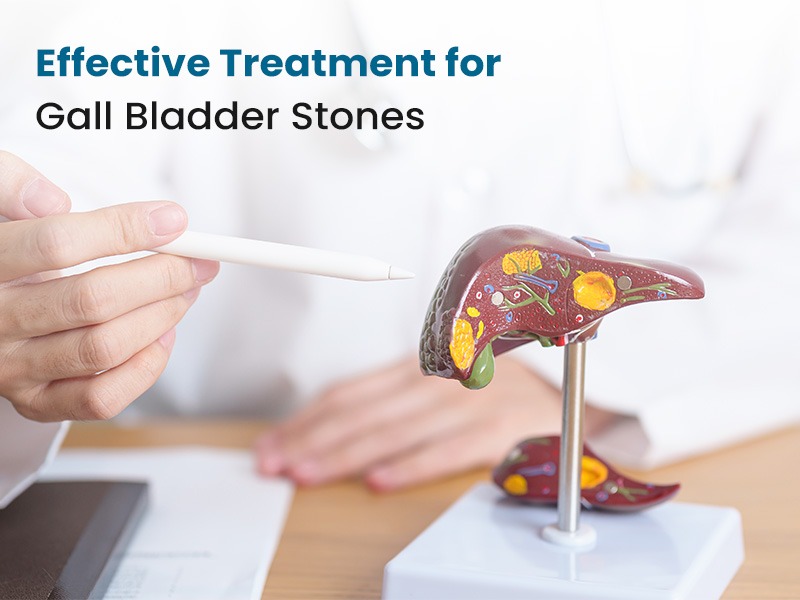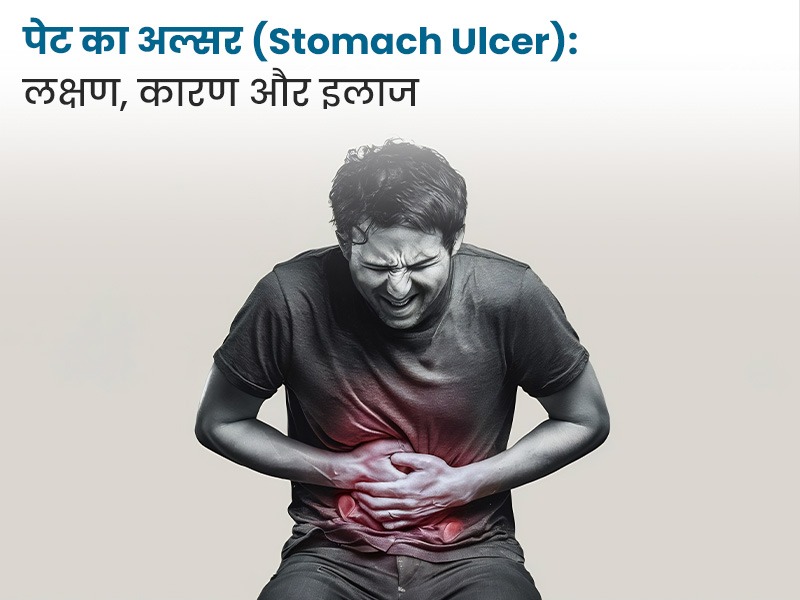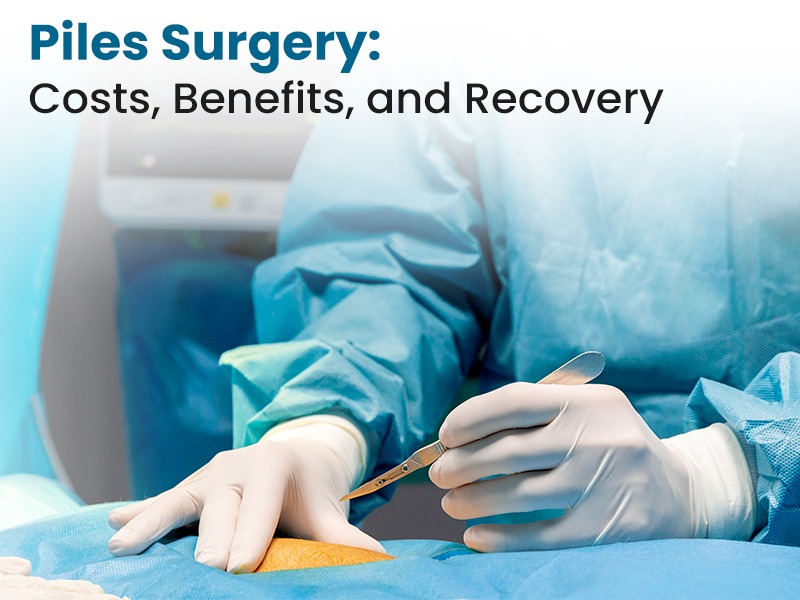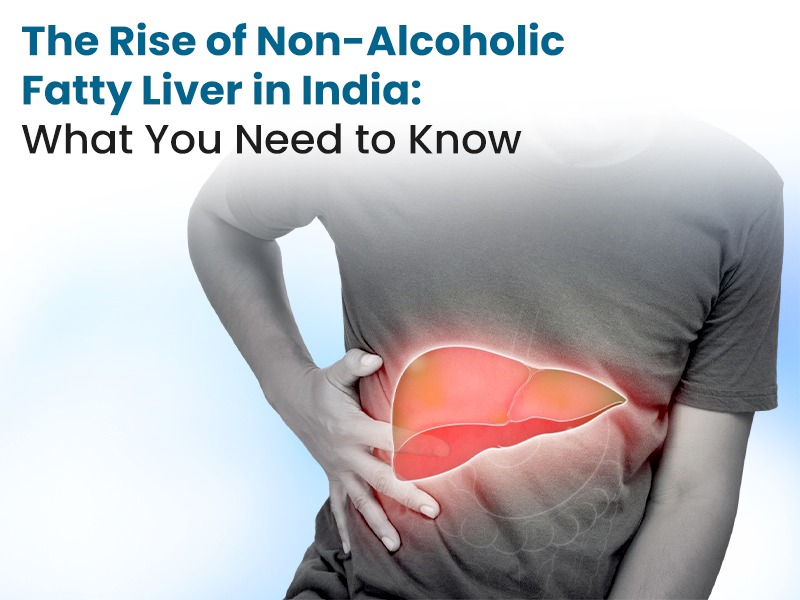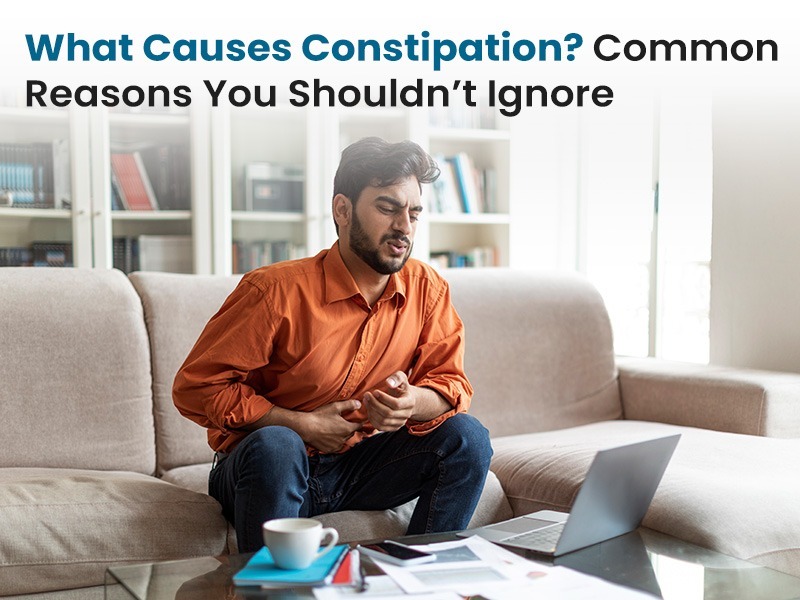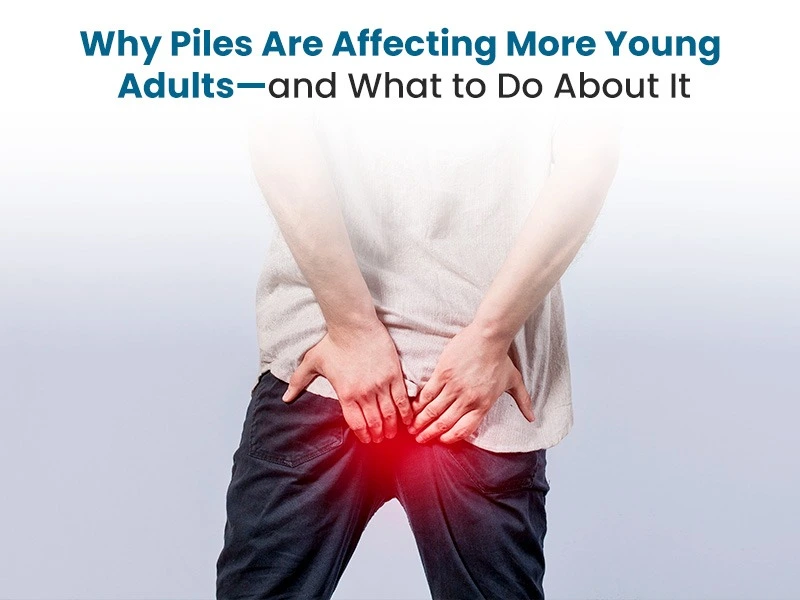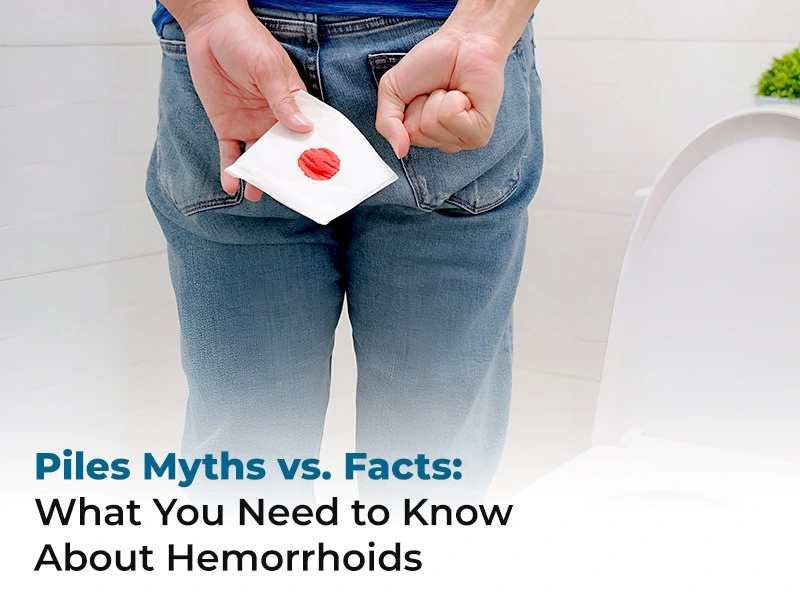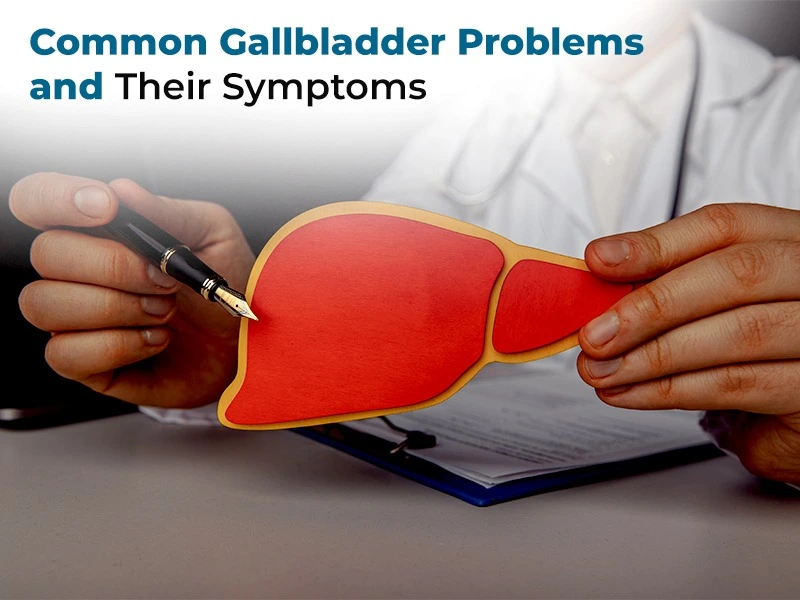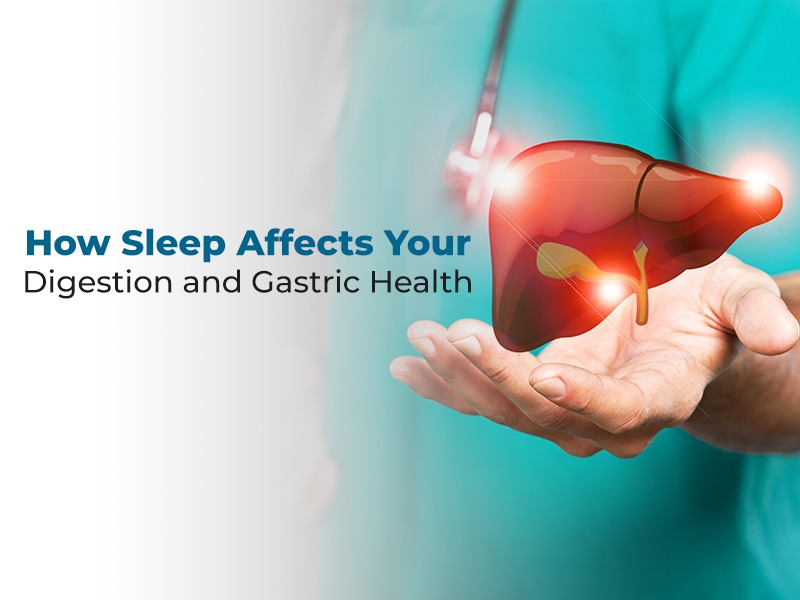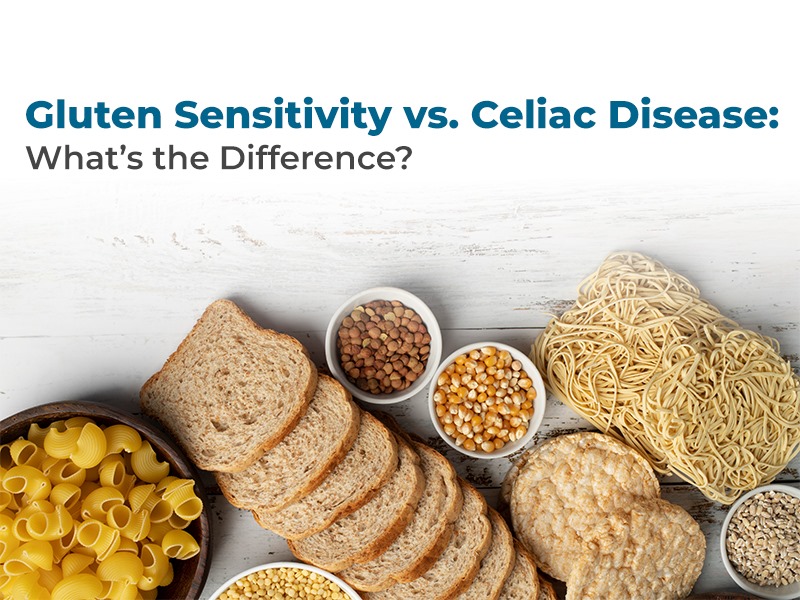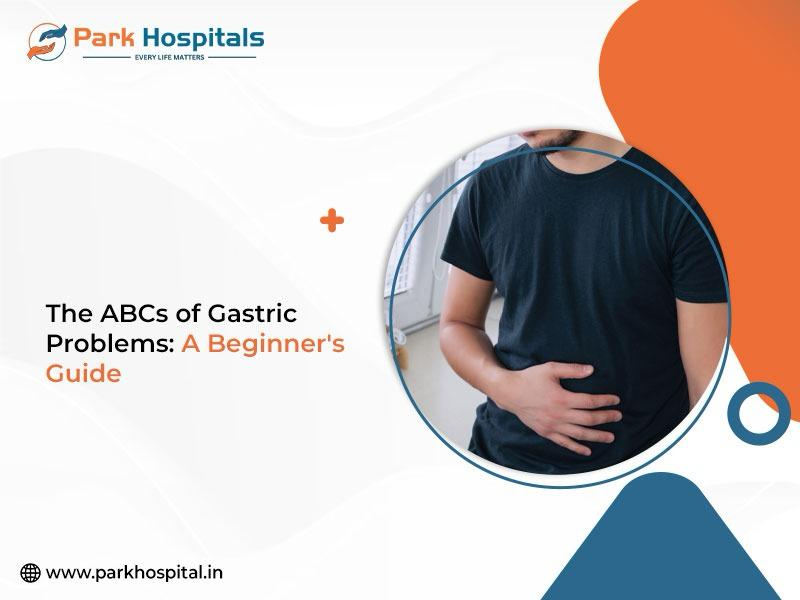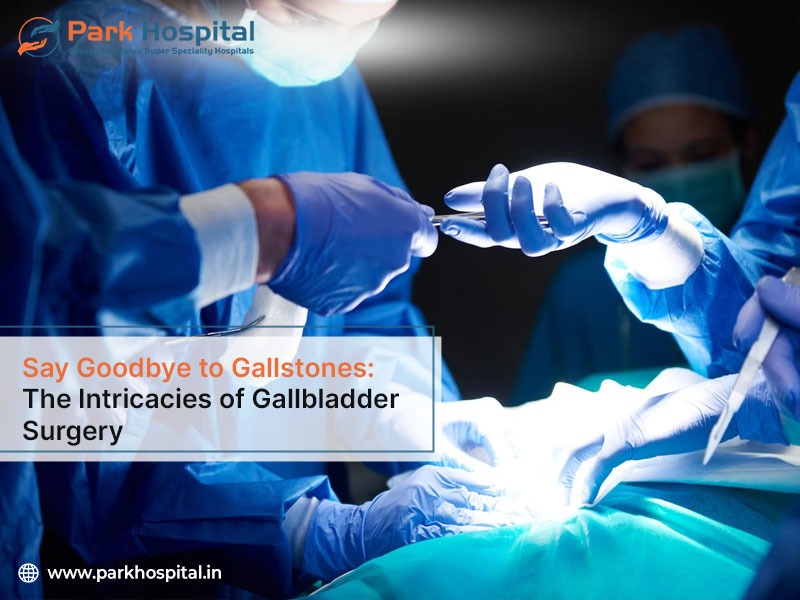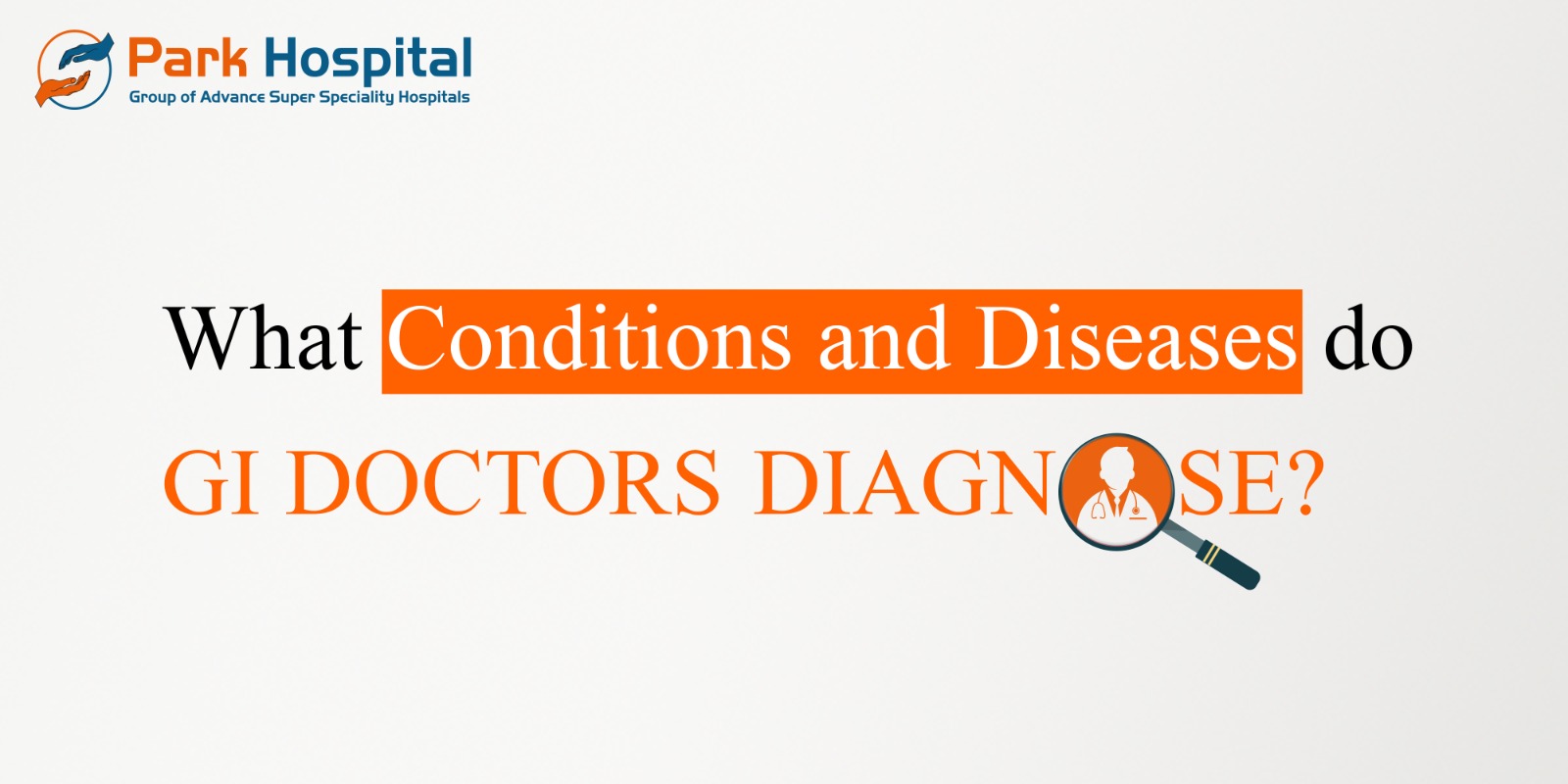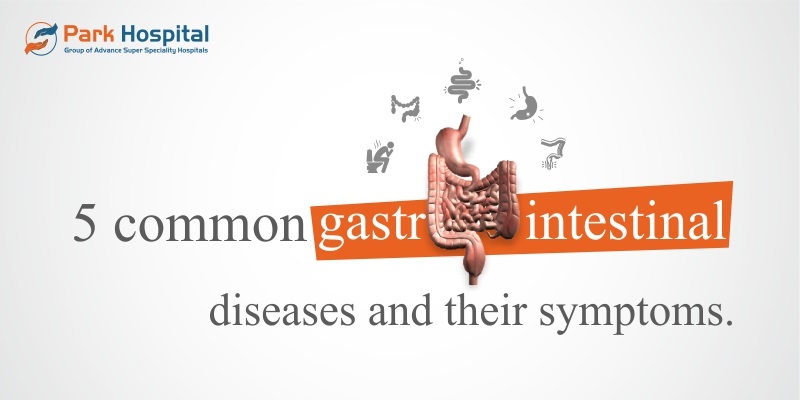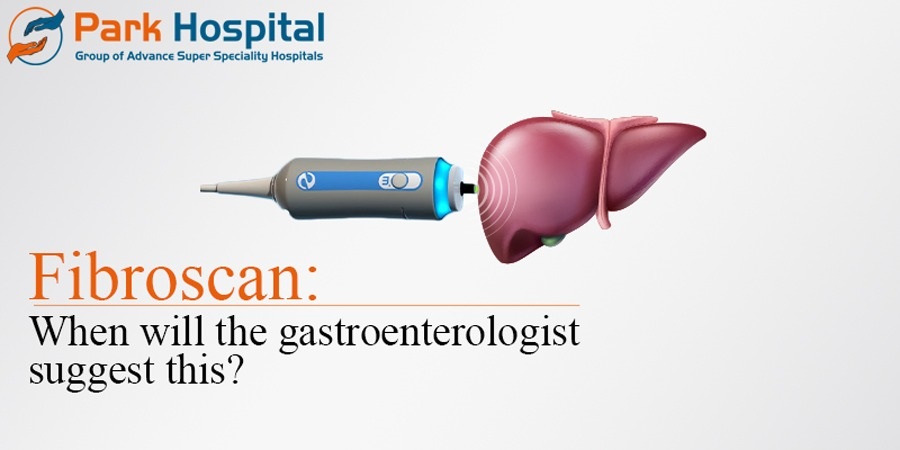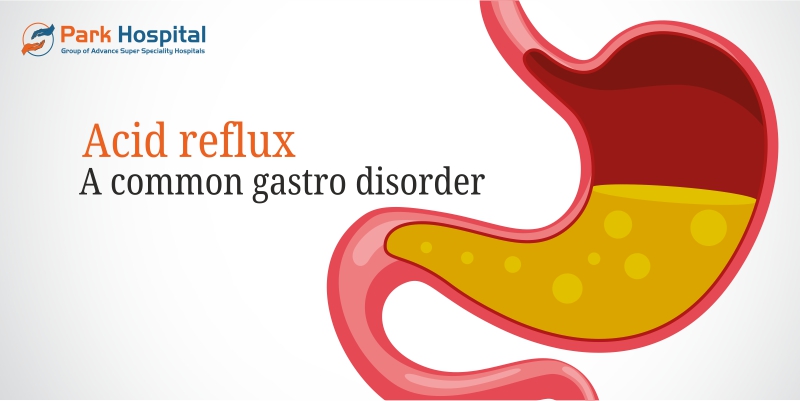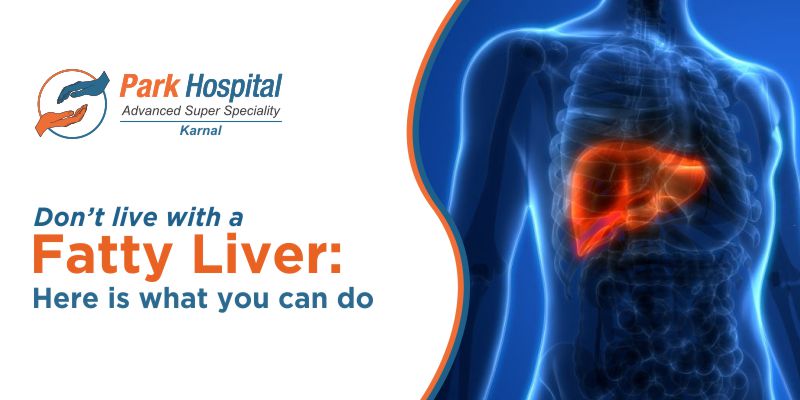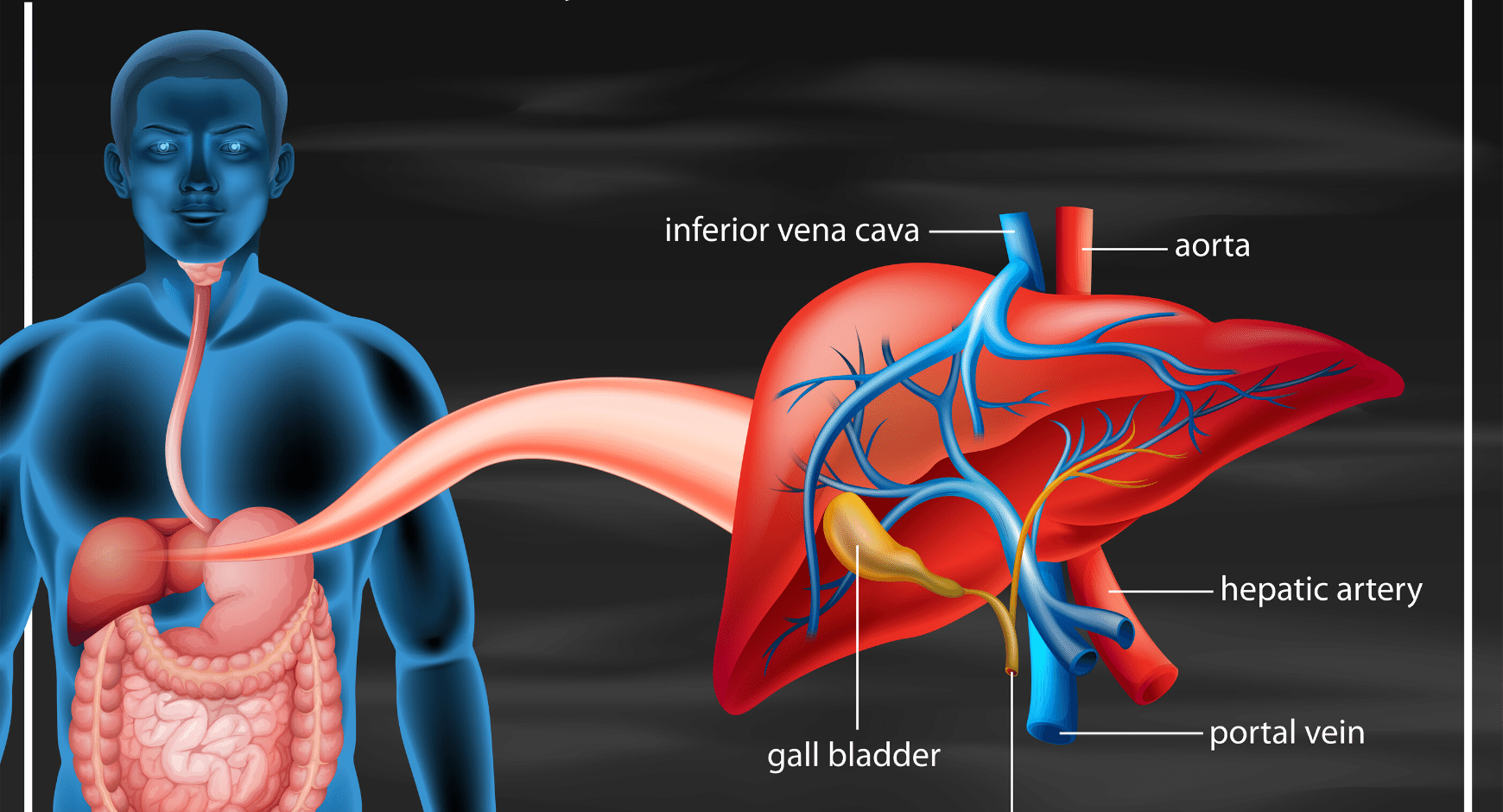Gall Bladder Stones, popularly called gallstones, are a common digestive disorder among millions of people. Located just below the liver, the gallbladder is a small organ that stores bile to support digestion. When bile is overly saturated with cholesterol, salts, or bilirubin, solid material can also develop in the gallbladder, resulting in painful stones. Left untreated, these stones may become quite painful and lead to complications as well. Fortunately, there are now advanced treatments for gall bladder stones, which are very effective and can offer immediate relief and cure the disease.
Understanding Gall Bladder Stone Symptoms
The first step to good health is recognizing gall bladder stone symptoms early. Some folks don't have any symptoms at all, while others experience intense pain and discomfort. Common symptoms include:
Suddenly, intense pain is felt in the upper right abdomen or the center of the upper abdomen.
Nausea or vomiting after meals
Indigestion, bloating, or heartburn
Fever and chills if you have an infection
If these symptoms become a frequent occurrence, it is recommended that individuals visit a gallbladder specialist who can conduct the requisite tests and suggest treatment.
Why Treatment Is Necessary
Can you leave gallstones untreated? Although asymptomatic gallstones may not pose immediate problems, when symptoms develop, treatment becomes urgent. Untreated stones may result in inflammation of the gallbladder, infection, or obstruction of the bile ducts. In more severe cases, this can even lead to pancreatitis, which can be life-threatening. Early treatment for gall bladder stones results in better outcomes and limits complications.
Treatment for Gall Bladder Stone and possible treatment options
There are a variety of methods for addressing gallstones, depending on their size, number, and whether or not they are causing symptoms:
Medications: Doctors can also potentially prescribe medicine that aids in dissolving smaller stones. But this is a process that can take months or even years, and does not always work.
Non-Surgical Approaches: Diet and lifestyle changes, as well as some methods of dealing with pain, may reduce the risk of gallstones, but they are not an effective treatment.
Surgical Treatment: Surgical technique is the best way to remove gallstones. Laparoscopic surgery is considered the gold standard for treating cholelithiasis. The gallbladder, and stone if present, is safely removed with small incisions using this technique – it is less invasive and highly successful.
Operation for Gallstones: The Gold Standard
The best treatment is gallstone surgery. Laparoscopic, or keyhole surgery, is when small incisions are made through which a camera and surgical instruments are inserted. This avoids injuring the patient while removing the gall bladder.
Advantages of laparoscopic gallstone removal are:
More minor scars and less pain
Faster recovery time
Shorter hospital stays
Reduced risk of complications
The majority of patients are able to resume their normal activities in seven to ten days following the operation, so this would be the preferred option that most gallbladder specialists suggest.
Recovery After Surgery
Your recovery following a gallstone operation should be relatively straightforward and speedy. Most patients are able to start walking on the same day of surgery or by the next day. Light activities can be resumed in a few days, and the person generally is healed in around 2–3 weeks, depending on their general health. With the help of a gallbladder specialist, patients are now enabled to return to their daily routine without the pain and complications of a gallstone.
Why Choose a Gallbladder Specialist?
Visiting a gallbladder specialist will help you receive a correct diagnosis, as well as a treatment plan and a safe surgical operation. Specialists will be working to manage the most complicated cases, lower risk for patients, and provide personalized care before, during, and after surgery." Dr Shrikant understands best the gall bladder stone symptoms, whether it is gall bladder stone treatment or how to get rid of gall bladder stone; for the perfect outcome, go for a specialist.
Conclusion
Gallbladder stones are a common but treatable problem. When symptoms are not severe, they may not require immediate treatment; however, symptomatic stone disease often warrants medical therapy and, ultimately, surgical intervention. "With these latest therapies, and at centers of excellence with an experienced gallbladder specialist, patients can achieve effective and safe gallstone removal and durable symptomatic relief with an improved quality of life.
Don't let gallstones get in the way of your health and your life. If you continue to suffer from gall bladder stone symptoms, see a doctor and find out about the fastest way to get rid of gall bladder stones.
Also visit:
FAQs
1. What causes gall bladder stones?
An overload of cholesterol, bile salts, or bilirubin in the bile commonly leads to gallstone formation.
2. Do all gall bladder stones need surgery?
Not always. While a silent gallstone need not be treated, symptomatic gallstones should be resected.
3. Is laparoscopic surgery the safest option?
Yes, laparoscopic surgery is the most commonly done and safest procedure for removing inflamed gall bladder stones.
4. How long does recovery take after surgery?
Recovery from the disease can take 2–3 weeks, but many manage light duties or go back to work within a few days.
5. What are the common symptoms of gall bladder stones?
Common symptoms are abdominal pain, nausea, dyspepsia, bloating, and postprandial pain after fatty ingredients.

